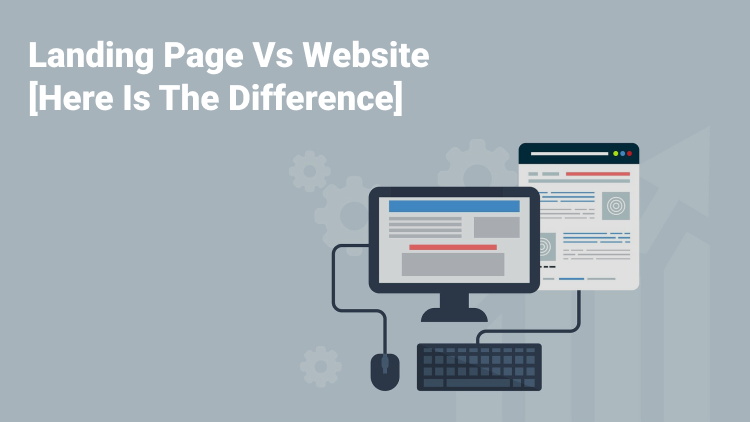- What Are Landing Pages?
- What Is a Website?
- Which One Do You Need?
- When Do You Need a Landing Page?
- When Do You Need a Website?
- What Do You Need for a Web Page?
- Conclusion
Deciding between a landing page vs website for your online presence can be challenging. Both options offer unique advantages and serve different purposes.
In this article, we’ll explore the differences, strengths, and applications of websites and landing pages.
What Are Landing Pages?
A landing page is an individual web page created with a specific purpose or objective in mind. Many businesses utilize landing pages for their marketing, advertising, and lead-generation campaigns, that is the key difference compared to a full website, and they serve a simple goal.
Landing pages serve various functions, such as promoting upcoming campaigns, presenting product sales pages, facilitating quote requests, and more.
The primary focus of landing pages is to drive conversions, whether it’s through purchasing a specific product on your WooCommerce store or subscribing to your email newsletter. These desired actions are commonly referred to as the page’s “call to action.”
As you can see in the picture below, Skillshare has an amazing landing page. They let you know that you can sign up with a single click and you get 7 days of Skillshare for free. The background pictures let you know that you can learn basically anything on this education platform.
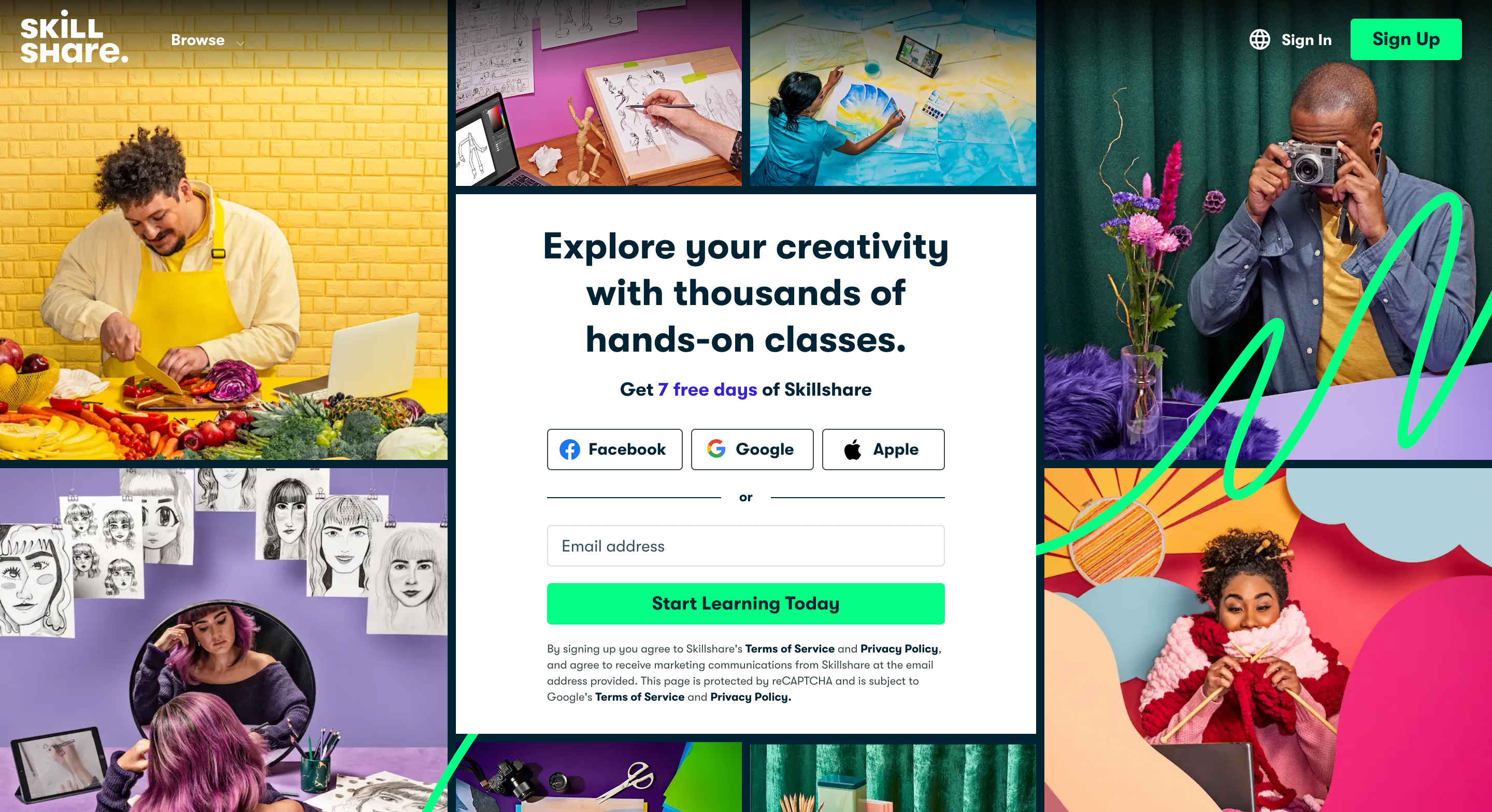
To optimize the conversion rate, a well-designed landing page possesses several characteristics that encourage visitors to take the desired action.
Additionally, minimizing distractions is crucial to ensure that visitors can concentrate on the landing page’s call to action.
Furthermore, a landing page can also function as an independent website with distinct sections, all leading to a clear call to action. For instance, the accompanying image depicts a landing page comprising three different tabs while emphasizing a single call to action.
For different campaigns and target audiences, the marketing team can create different landing pages to have the best click-through rate. It is also essential that you do not drive paid traffic to your homepage.
What Is a Website?
A website is comprised of various landing pages and sections that assist users in finding the information they seek.
For example, a standard business website may include an About section, a dedicated blog page, a Contact Us page, separate pages for products and services, and additional sections catering to specific needs.
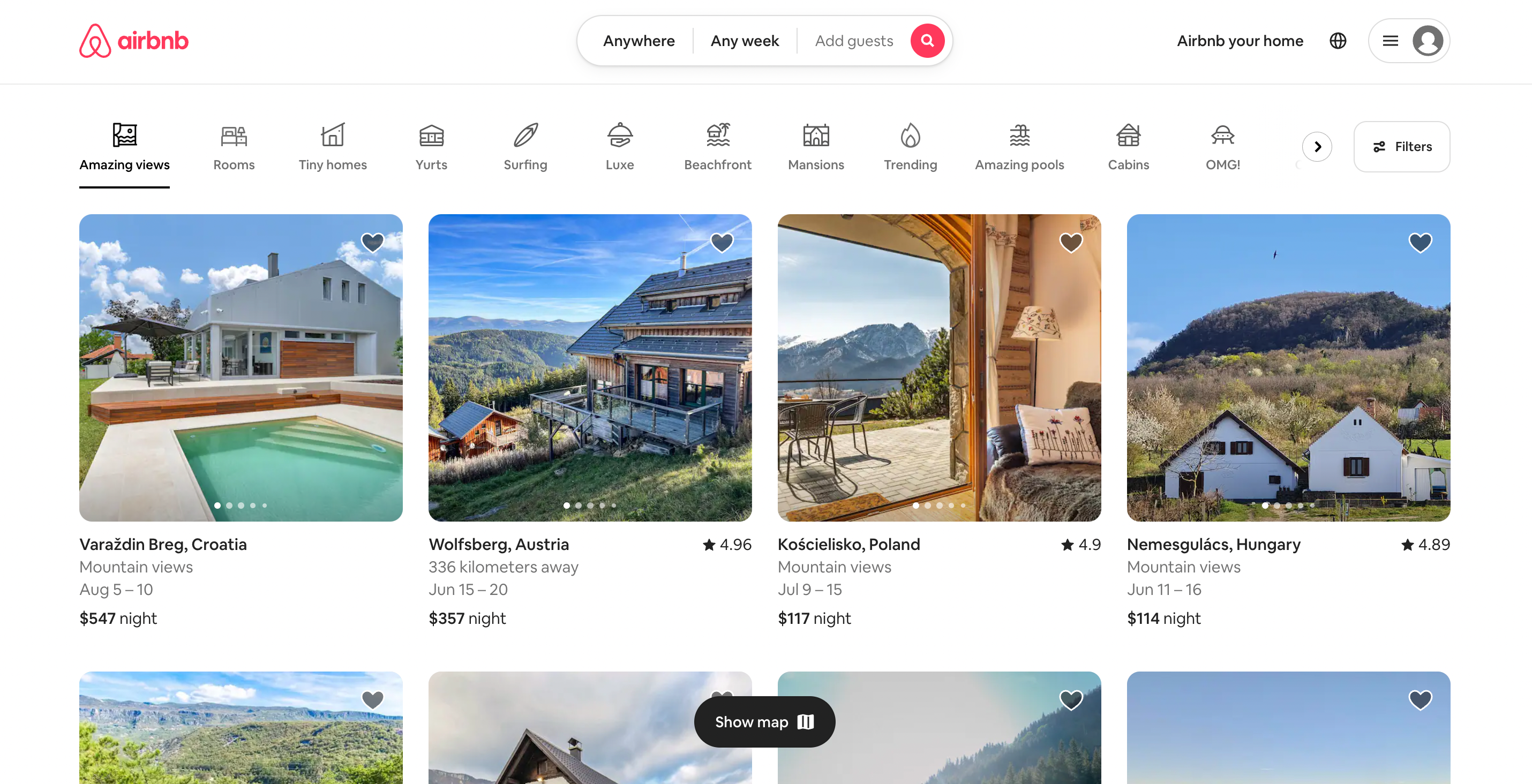
In contrast to a landing page, a WordPress website offers the flexibility to have multiple pages with diverse objectives and functions.
While some of these pages may focus on specific calls to action to drive conversions, others may serve informational purposes without a direct conversion goal.
For example, a business website may have pages dedicated to providing visitors with detailed information about a product or service. On other pages, the goal might be to encourage visitors to make a purchase, schedule an appointment, follow social media accounts, and engage in various interactions.
It is also common for a single website to incorporate multiple landing pages, each tailored to different marketing campaigns and initiatives.
Which One Do You Need? Landing Page vs Website?
For beginners facing the decision between a landing page and a website, it’s important to consider their individual needs and objectives.
If the goal is to quickly launch a product, establish an online presence for a business, or gather registrations for an upcoming event, a landing page is often the preferred choice. It provides a fast and straightforward solution to achieve those specific goals.
On the other hand, if the intention is to create a comprehensive online presence with multiple pages, set up an online store, start a blog, and engage in more extensive activities, creating a website is typically the more suitable option.
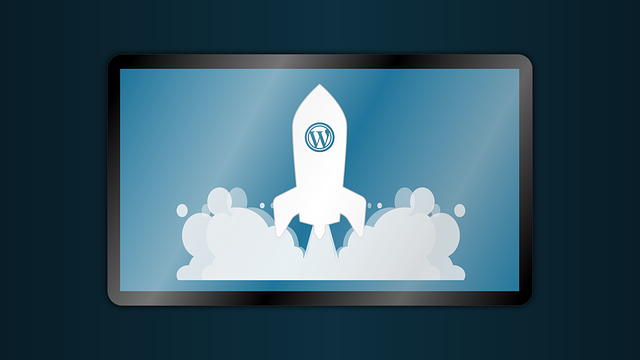
The good news is that WordPress, being a highly flexible platform, allows for adaptability. If uncertain, you can start with a landing page and later expand it into a full-fledged website as your business grows and requirements evolve.
Likewise, you can initially develop a WordPress website and subsequently build stand-alone landing pages tailored to specific campaigns, ensuring you have the flexibility to adapt your online presence to various marketing initiatives.
When Should You Start a Landing Page?
When you have a specific objective in mind and are running paid ad campaigns, it is advisable to utilize a landing page.
Landing pages are particularly effective in generating leads and facilitating sales due to their clear call-to-action (CTA) and ability to guide prospective customers toward the next steps.
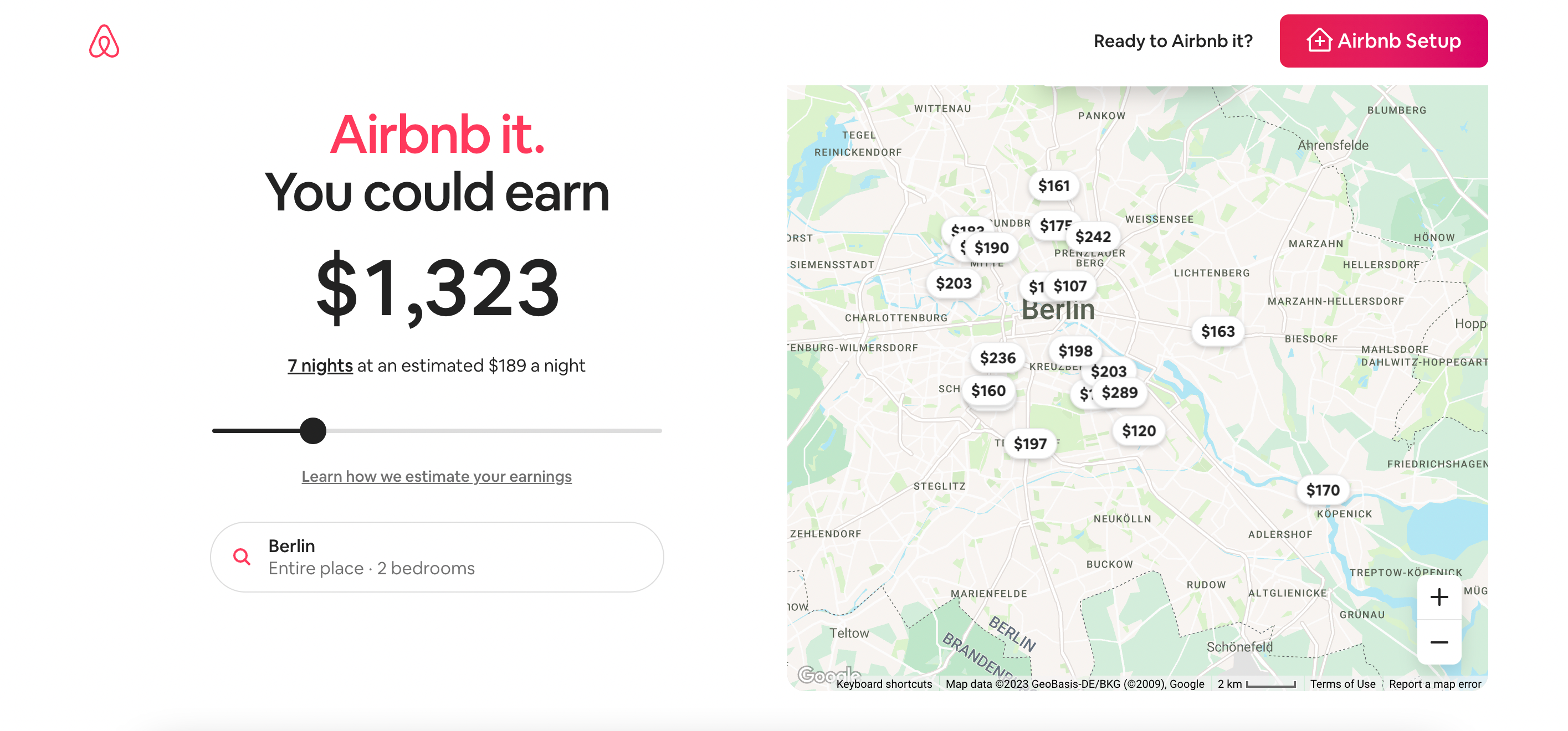
To create an exceptional landing page, it essentially comes down to incorporating these three key elements.
1. Clear Goal
Prior to constructing your landing page, it is crucial to have a definite response to the question: “What is our desired outcome for this landing page?”
Having a clear objective in mind will assist you in creating a user-friendly layout that encourages visitors to take desired actions.
It’s important to recognize that a Shopify landing page for an e-commerce store will differ significantly from a lead capture landing page designed for a marketing agency.
2. Clear CTA
An explicit and captivating call-to-action (CTA) that is prominently displayed on your landing page plays a vital role in guiding visitors toward the desired action.
To ensure maximum visibility, utilize high-contrast colors for your CTA buttons, allowing the text to stand out effectively. Incorporate imperative action words such as “Sign up!” or “Get your freebie!” to provide clear instructions to visitors regarding the intended action they should take.
As I mentioned earlier Skillshare created a great landing page, to encourage you to sign up to their services.
3. Engaging Copy
The effectiveness of your landing page heavily relies on the quality of your engaging copy. It should directly resonate with your target audience.
To determine the type of sales copy suitable for your page, it is essential to have a clear understanding of your page’s objective and your target audience.
Are you aiming to increase newsletter sign-ups? Are you selling tickets for an upcoming event? Or are you offering a free ebook? The approach you take in your copy will differ based on whether you are selling tickets or requesting visitors to download an ebook.
Consider the communication style of your audience and determine the most effective way to convey your message. Maintain concise copy and begin your page with a captivating hook to capture their attention.
When Should You Start a Web Page?
Websites offer a comprehensive experience that allows visitors to truly grasp and comprehend your business, something that landing pages often cannot achieve.
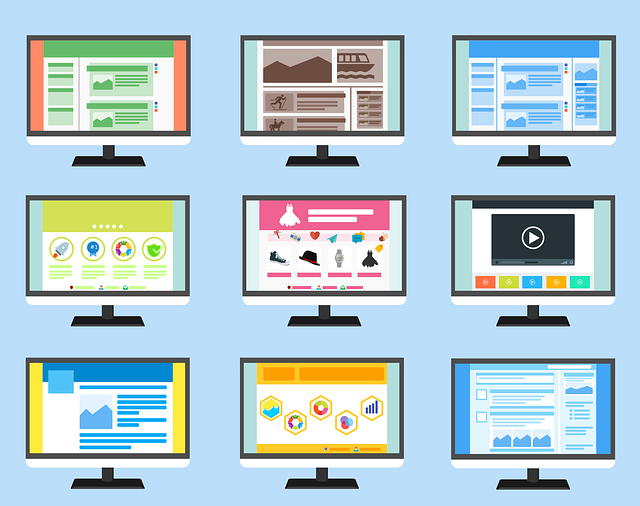
Prospective customers visit your website to gain an understanding of your business. They have the opportunity to explore. Explore your About page, browse through your blog, and examine the range of products or services you offer.
When it comes to establishing brand awareness, building trust, and establishing authority in your industry, a well-designed and all-encompassing website is indispensable.
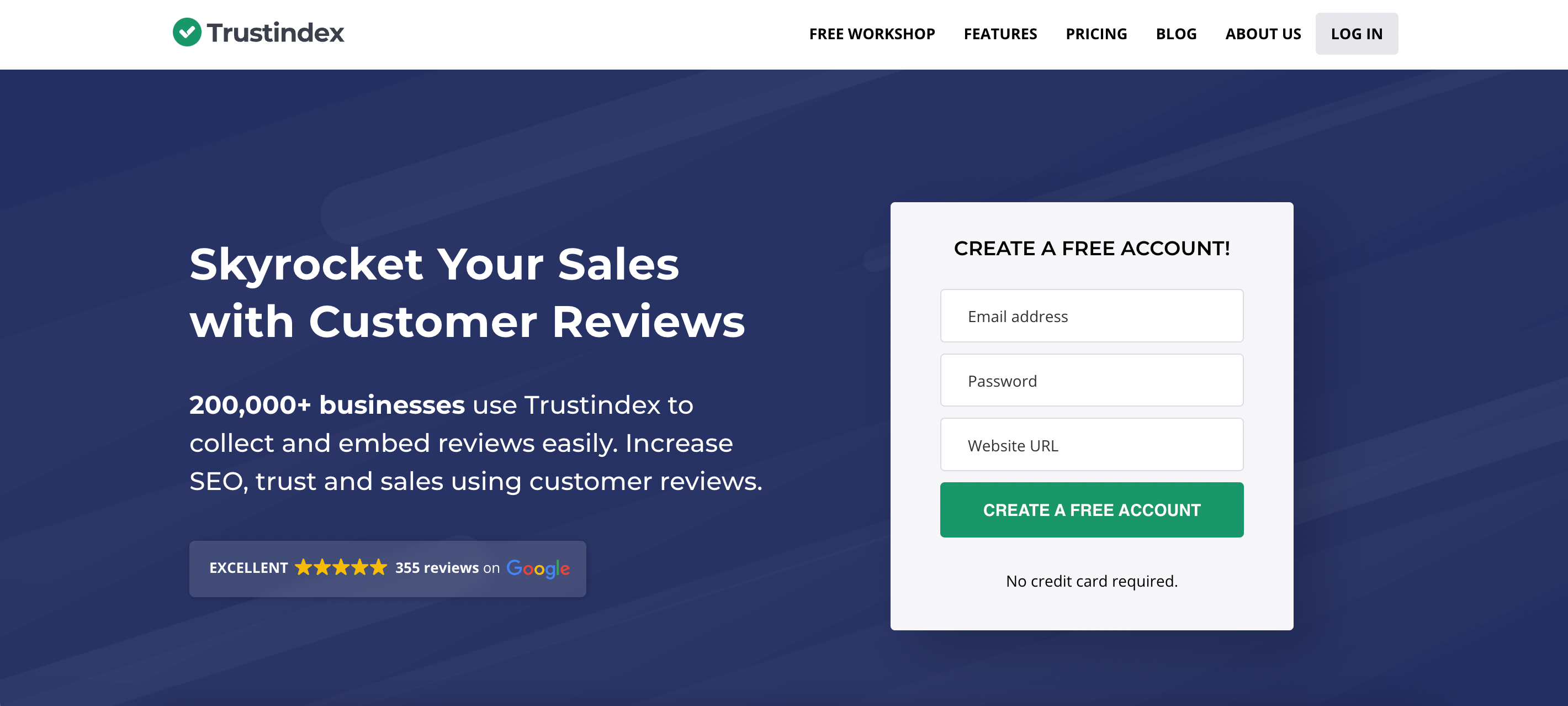
Constructing an impactful website involves considering the following three elements.
1. Consistent Branding
Consistency is key when it comes to your website’s elements. Visitors should immediately recognize that your website is a reflection of your brand. Whether your brand voice is characterized as playful or professional.
This consistency should extend to your chosen color schemes and logos as well. Once you have established the desired look and feel of your brand, it is crucial to replicate it consistently across your entire website.
2. You Want to Create an Overview of Your Company
When visitors land on your website, their primary intention is to gather more information about your business. It is crucial to ensure that your website provides a clear and comprehensive overview of your business and its offerings.
Your homepage should serve as a hub that answers the fundamental questions a new visitor may have about your business. It should effectively communicate who you are, what you do, and why it is relevant and valuable to them.
Additionally, consider how you can organize your website into logical sections that facilitate easy navigation. And also allow visitors to access detailed information.
For example, if you have a single product, you may opt for separate web pages dedicated to each of its distinct features. Alternatively, you could build a blog containing multiple posts that delve into various use cases of your product.
The key is to structure your website in a manner that aligns with the unique needs and characteristics of your business.
3. Navigation
Your website’s layout should prioritize ease of navigation, enabling visitors to swiftly locate the desired information within seconds.
It’s important to recognize that if visitors are unable to find what they’re looking for quickly, they may navigate away to a competing website. This is leading to a potential loss of engagement.
To ensure efficient navigation, establish a clear top menu bar that prominently displays all the main pages available for visitors to access. Here are some essential navigation ideas to consider:
About page, Blog, Services, Contact details, Pricing, and Features.
The specific navigation options you include will depend on the nature of your business. The key objective is to enable visitors to easily and swiftly find the information they seek, enhancing their overall user experience.
What Do You Need to Create a Website or a Landing Page?
A domain name serves as the address that users type in their browsers to access your website or landing page, like www.trustindex.com.
Web hosting accounts act as the storage location for the files of your website or landing page.
Typically, a domain name costs around $15 per year, while hosting plans start at around $8 per month (usually paid annually). These costs can be significant, especially for new businesses in their initial stages.
Fortunately, many web hosting providers offer a free domain name for the first year. They often provide a discount during that period. This means you can start your web pages or your next landing page for less than $3 per month.
There is a wide range of hosting services available in the market, allowing you to choose from various options such as Bluehost, Hostinger, or SiteGround.
Conclusion
In conclusion, when choosing between a landing page or a website, it is essential to evaluate your specific needs.
Landing pages excel at focusing on a single objective and marketing efforts, driving conversions, with a lead capture page. They are ideal for a targeted marketing campaign and swiftly launching products or events.
On the other hand, websites offer a broader online presence, allowing for multi-page content, establishing brand authority, and providing a comprehensive overview of your business.
They are suitable for businesses looking to build trust, showcase a range of products or services, and engage with visitors through various sections such as blogs, about pages, and contact information.
Ultimately, the choice between a landing page and a website will depend on various factors. Such as your specific objectives, budget, and the level of functionality and flexibility required. Remember, with the versatility of platforms like WordPress, you can always start with a landing page and expand it into a full website as your business grows.
FAQ
A landing page is a standalone web page designed for a specific purpose or campaign, focusing on a single objective and call to action. In contrast, a website consists of multiple pages that provide a comprehensive online presence, showcasing various information, products, or services.
Absolutely. Many businesses choose to have a combination of landing pages for specific campaigns or goals, alongside a website that serves as the central hub for their online presence. This approach allows for targeted marketing efforts while providing visitors with a more comprehensive experience of your brand.
Websites offer a broader range of functionalities and allow for a more comprehensive online presence. They provide the opportunity to showcase various aspects of your business, such as an about page, blog, product/service pages, and contact information.
Landing pages are generally more cost-effective as they require fewer resources and are designed for specific campaigns. Websites, on the other hand, involve more complex development, ongoing maintenance, and potentially higher costs. However, the cost-effectiveness will ultimately depend on the specific needs and goals of your business.
Yes, it is possible to convert a landing page into a full website or vice versa. Platforms like WordPress offer the flexibility to adapt and expand your online presence as your business evolves.
You can start with a landing page and later add more pages to transform it into a website, or you can build a website and create stand-alone landing pages for specific campaigns or promotions.
It is recommended to use a landing page when you have a focused goal or objective, such as launching a product, gathering leads, or running targeted marketing campaigns. Landing pages are ideal for achieving high conversion rates and capturing the attention of specific target audiences.
